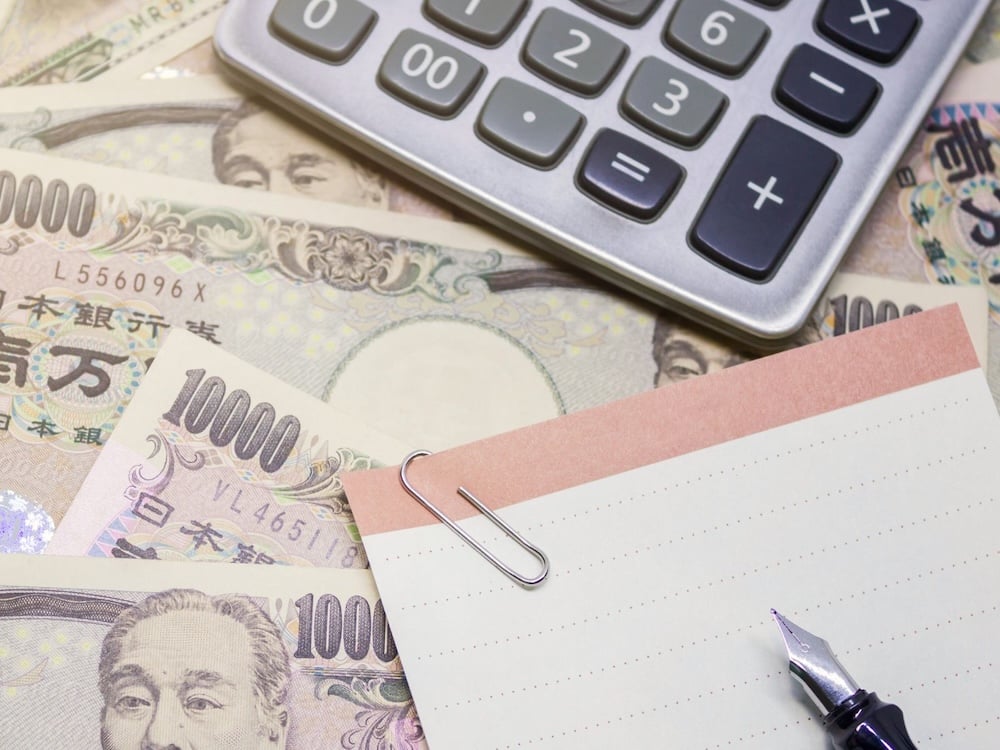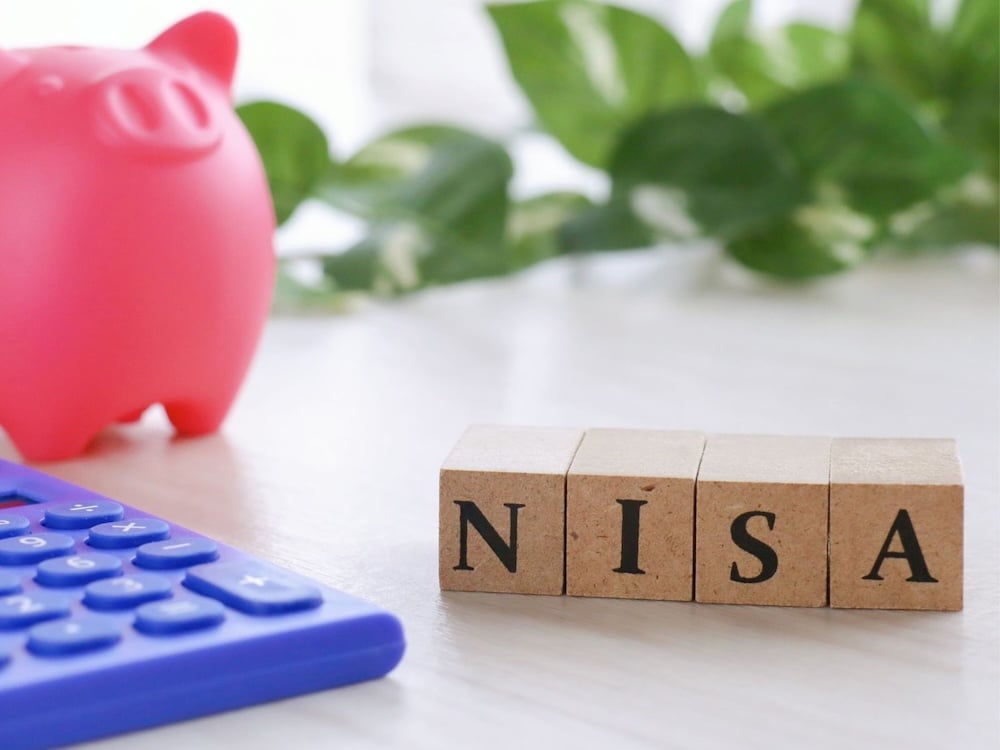
Starting a new life in Japan is challenging enough without the added stress of planning for the future. The first few years can fly by as you adjust to work and life in a new country. But as time passes, you may find yourself in a situation where new job opportunities are uncertain, and this is when you realize you have few savings to fall back on. Whether it’s for emergencies or for pursuing a different career path, having a financial cushion becomes important.
Japan’s National Pension System
As a registered resident, you are required to enroll in Japan’s national pension system. However, if you are a student with an income below a certain threshold, you may be eligible to postpone contribution payments after seeking approval. The pension system is designed to provide a modest income later in life, typically starting after age sixty. Japan’s pension system has several variations depending on your type of employment, so this is something to be familiar with.
When you start working in Japan, your employer will deduct pension contributions directly from your salary and submit them to the appropriate authority. If you work in Japan for only a few years and return to your home country, you may be eligible for some amount of refund of your pension contributions. Detailed information about the pension system and how to apply for refunds is available on the National Pension System homepage. It’s important to understand the pension reimbursement process in Japan, especially the time limits for claiming benefits after leaving the country, so that you don’t miss any entitlements.
Making the Commitment to Stay & Work in Japan
If you have made the commitment to stay and work in Japan, there are still plenty of choices and decisions to be made as your career progresses. A government pension will only be accessible later in life and will provide just a modest income, thus, you will need to work on your own savings plan as well. Having a nest egg of savings isn’t just about old age but it can provide a cushion in case of emergencies, provide a downpayment for a home, or just give you time to work on new skills if you plan to change career directions and take time off for self-improvement.
Almost every government worldwide is facing a pension shortfall, with many considering increasing the age at which benefits begin. Japan, with its aging population, is no exception. While there are currently no plans to raise the pension eligibility age, there is a push to extend the working age beyond sixty-five. For young workers just beginning their careers, this could mean a working life of fifty years or more. One of the strategies to counter this projected long working life is to start saving and investing while you are young.
Starting salaries in Japan may not be high, however, if you can commit to set aside a certain amount each month then you will be on your way to build your savings. Even a small amount of savings will give you a chance to learn how to invest and manage your money as well as your expenditure.

Invest While living in Japan
Even as a resident in Japan, your investment options may be limited by the regulations of your home country. For instance, U.S. citizens often face restrictions on purchasing U.S.-based mutual funds while living abroad. Although there are some exceptions, it is crucial to conduct thorough research before making investment decisions. These limitations could significantly impact the feasibility of your investment strategy.
RetireJapan is a website dedicated to helping expats in Japan improve their financial habits and lead happier, more secure lives through personal finance and investment information. The site was founded by Ben Tanaka, who originally came to Japan as an ALT and built a full career in language education. Changes with his employers motivated him to learn more about investing, and eventually, he decided to share his knowledge by starting the website. He notes that even those working in corporate finance aren’t always adept at managing their own finances, so there is no need to feel embarrassed if money management isn’t your strong point. However, if you recognize that you need help in this area, the smart move is to do research and educate yourself, especially with so many resources available.
Investment Scheme Options
In Japan, there are companies reaching out to expats to join offshore investment plans. These schemes often require you to contribute a monthly amount, usually payable with a credit card. Salespeople are incentivized with commissions, which makes them extra eager to get new customers. While committing to a monthly savings plan is a good practice, it is crucial to fully understand the pros and cons of these plans before joining them.
Pay close attention to recurring administrative fees, currency risks, and the accessibility of your money if you need to make withdrawals. I joined one of these plans and found it challenging to understand the quarterly statements, particularly in assessing profit or loss due to significant exchange rate fluctuations. Additionally, the company I initially joined was sold multiple times, making it time-consuming to keep up with the changes.

The Japan based investment program called NISA (Nippon Individual Savings Account) is a type of tax-free account. Residents in Japan can open an account with a bank or broker and manage the investment choices themselves. For expats in Japan, this program is a particularly good option to start building your savings and learn about investing. Once you get over the hurdle to complete the application process in Japanese, the rest will be much easier. Keep in mind that investment limits and other details are periodically updated by the government, so be sure to check the latest information on the NISA program before signing up.
Side Hustles to Build Your Savings
If your current job leaves you with free time, then you might want to pick up extra work and direct this money towards building your savings. You do not need to sacrifice your freedom or health for a few extra yen, however, as your network grows referrals for work may come your way. Some of the side work may also provide you with new skills which you can leverage later as well.
Be Good to Your Future Self
The best time to start a savings plan is now. No reason to wait until the start of the new year or after the tax season, now is the best time. One of the books that helped convince me to think about my future self was ‘The 100-Year Life, Living and Working in an Age of Longvitiy.’ Each generation is living longer, and the question is how we will work and support ourselves over a longer lifespan. For me, I am not going to solely rely on the government, it’s time to get my own savings together. I wish you the best of luck in your own endeavors.
Note: The information in this article is for illustrative purposes only. Before investing, please consult with the relevant institutions in Japan or your home country to fully understand the programs and limitations.













